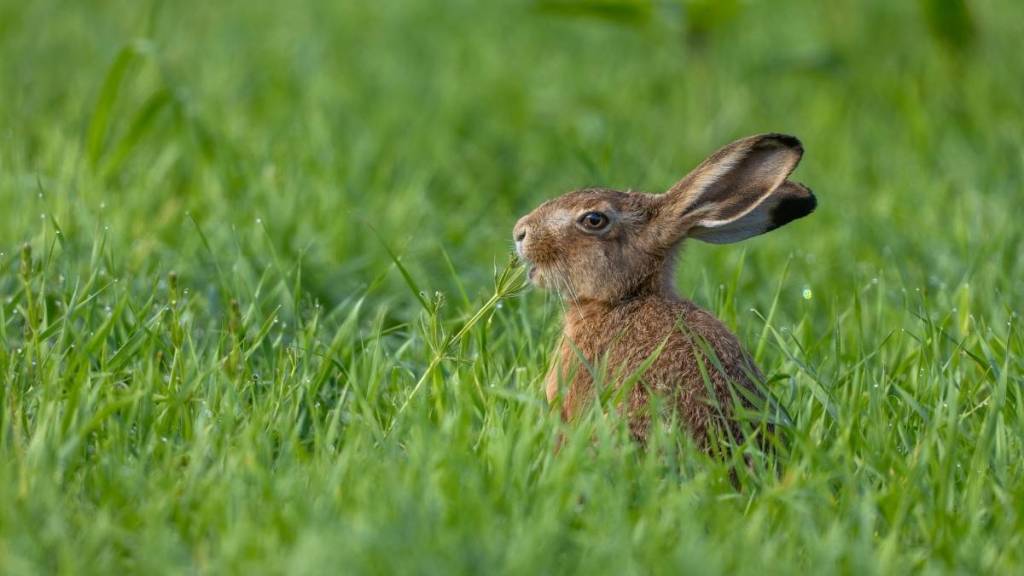Unusual sightings of wild rabbits with tentacle-shaped growths on their faces have sparked alarm across parts of the United States. Wildlife experts warn that the disturbing condition is caused by a rare virus. It is is spreading among cottontail populations, prompting concerns over its impact.

Sydney Sweeney took the chance to prove herself a fashionista once again at the NASCAR championship. She uploaded pictures of…









